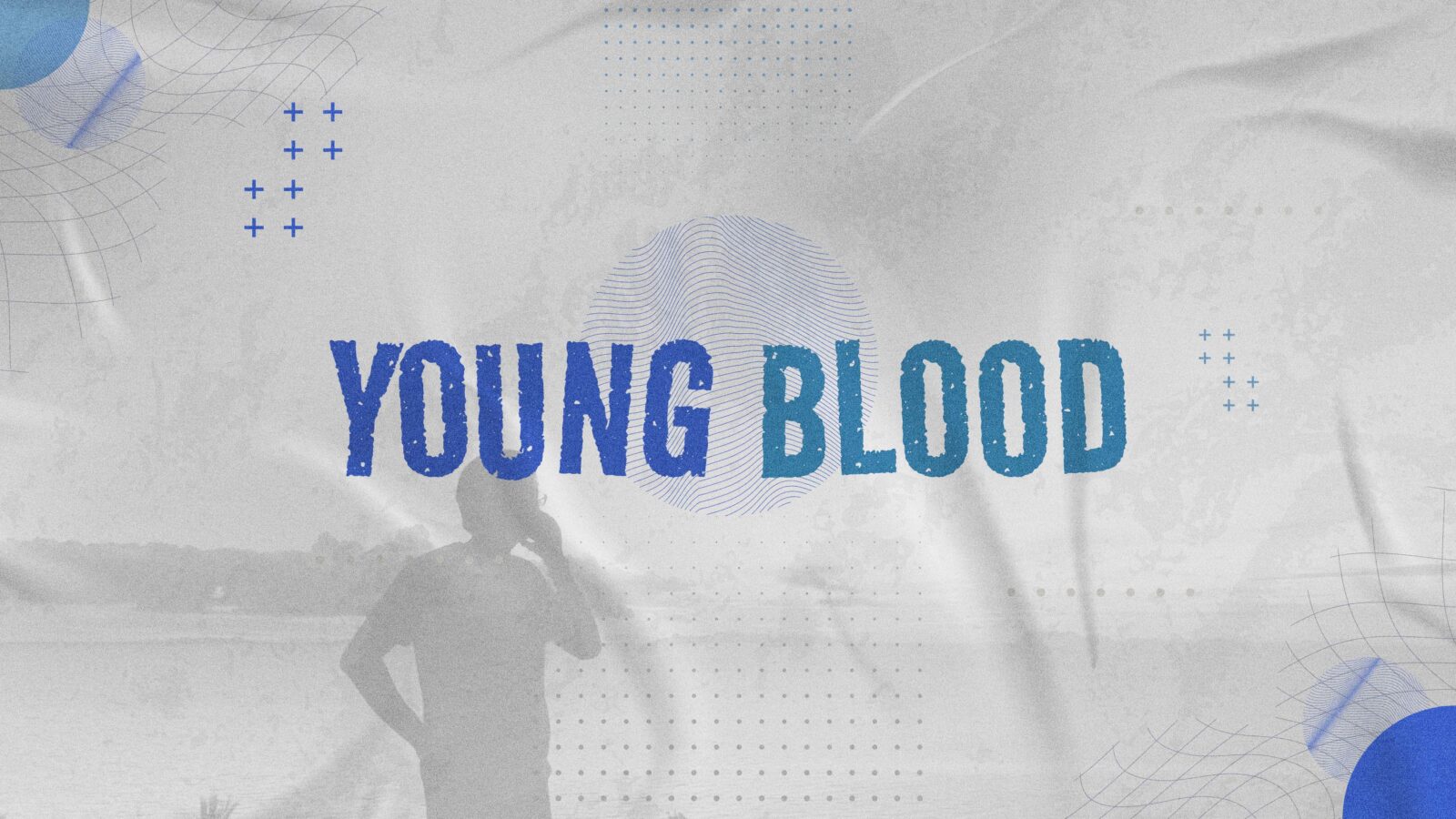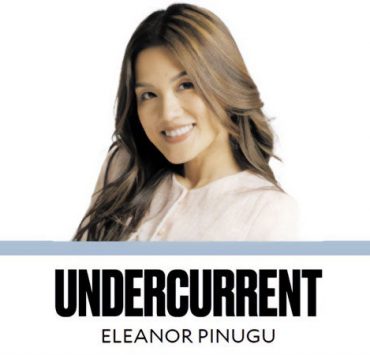Letter to my future self

Dear Future Me,
I hope when you read this, the country feels lighter. That mornings no longer start with doomscrolling headlines—massacres in Mindanao, a collapsed bridge, another child killed by a stray bullet. I hope that when you walk outside, the heat isn’t just from the sun but from a fire in people’s eyes—a collective refusal to settle for survival when we deserve dignity.
I’m writing from the present where hope feels like contraband. Where we’re told to “move on” from history we’re still bleeding from. Where our leaders ask for unity, but only if we agree to forget.
Do you remember when they buried the dictator in the heroes’ cemetery like it was just another political strategy? I still remember how the rain fell that day—as if even the skies refused to witness it. I wonder if you’ve forgiven that. Or if you’ve learned that forgiveness is not forgetting. That some wounds are not meant to be stitched up with silence.
They said, “the past is past,” but the past is not past—it is recurring. It is recycled and repackaged with hashtags and filters, fed to a nation that is too tired to chew but too hungry not to swallow. We watched as history books were rewritten not by historians but by influencers, the truth edited out frame by frame.
Dear Future Me, do you still flinch when someone says, “Eh ‘di wow,” like it’s a punchline for every cry for justice? I do. I flinch because I see people working three jobs and still choosing between food and Wi-Fi. I see students attending class with borrowed phones, their dreams pixelated by poverty. I see nurses lining up for jobs overseas, not because they want to leave home—but because home keeps leaving them.
And when we speak up, they say we’re being negative. As if demanding better makes us the problem. As if silence was patriotism and forgetting was peace.
They told us martial law was peaceful. They called activists terrorists. They used buzzwords like “golden era” and fed our country selective amnesia, spooned in bite-sized TikTok edits. I wonder if your children believe those edits, or if you’ve taught them how to fact-check with their hearts. I hope they know that real heroes don’t trend—they endure.
We grew up being told to be proud of our resilience. But resilience should not be romanticized. We shouldn’t have to keep proving how much we can endure. I hope you live in a time where people don’t have to be heroes just to get by.
Dear Future Me, I hope the jeepneys are still on the roads. I hope they weren’t replaced by silent, soulless vans wrapped in corporate logos. There’s something about the chaos of a jeepney ride—the way strangers pass coins to the driver like it’s a communal act of trust. We don’t just move through cities. We move through each other’s lives. I hope we haven’t lost that.
And I hope the streets still sound like life—vendors yelling, kids laughing, engines sputtering. I hope the cities haven’t become so clean they’ve erased the people who built them.
I also hope you’ve stopped apologizing for being angry. That you finally understood anger is not the opposite of love—it is part of it. We don’t rage because we hate this country. We rage because we love her too much to watch her rot quietly. To love the Philippines is to grieve her daily and still choose her every time.
Dear Future Me, has it gotten easier to vote without fearing for your life or your sanity? Have they stopped flooding our timelines with noise so loud we forget what truth sounds like? Have we finally elected someone who speaks not in slogans but in sincerity? If so, hold onto them. Protect them. Leaders like that don’t come often.
But if nothing has changed—if they’re still stealing in daylight and praying at night—then I hope you’re still writing. Still shouting. Still reminding yourself that resistance is also a kind of patriotism. That dissent is not disloyalty—it’s a love letter written in protest.
Dear Future Me, have we stopped punishing the poor for being poor? Have we learned to listen, not just react? I hope by now we’ve learned that healing isn’t linear—and neither is nation-building. I hope we’ve finally understood that progress doesn’t always look like profit.
Whatever happens, please don’t lose your softness. The world will try to harden you, especially here. But hold onto what makes you cry. Crying is a form of remembering, and remembering is a form of resistance.
And if the streets are quiet, I hope it’s because the people are resting—not because they’re afraid. I hope your voice has found its frequency, clear and firm, and that you still know how to use it not just to scream, but to sing.
Dear Future Me, I don’t know where this country will be when you read this. Maybe we’ve healed a little. Maybe we’re still breaking. Maybe both.
But I hope you’re still here—not just existing, but insisting. Not just enduring, but becoming. And I hope the nation has, too.
—————-
Kyle Andrei Gaddi Calma, 16, is an upcoming Grade 11 student at the Sampaga High School in San Vicente, Apalit, Pampanga.

















Killing exports, under(mining) growth